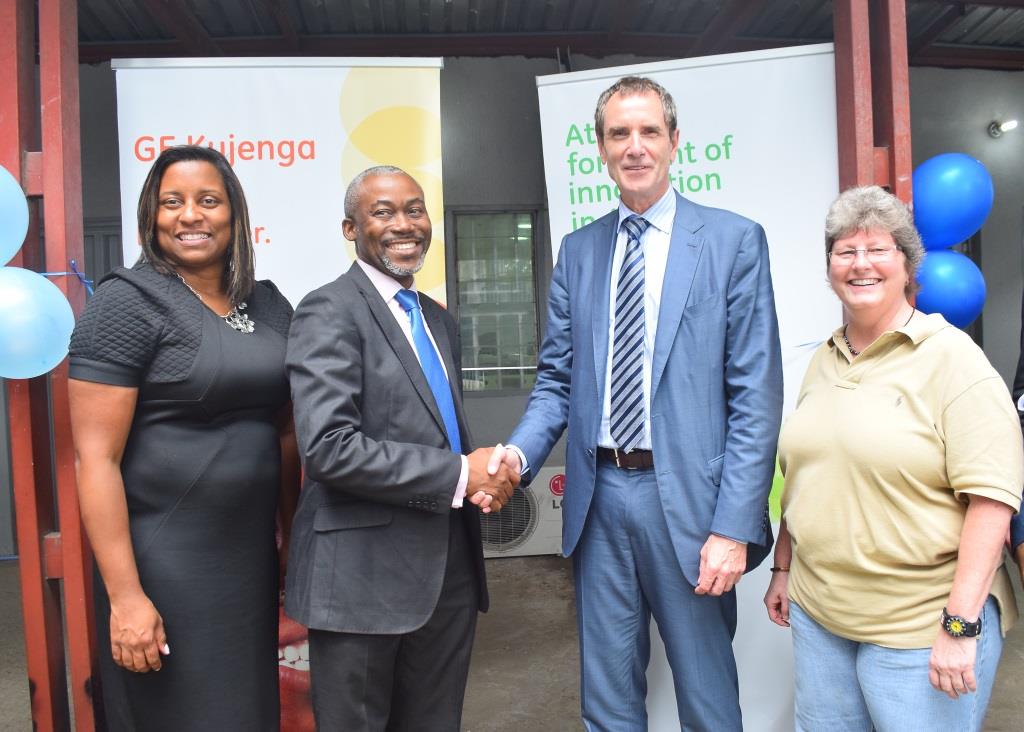General Electric (NYSE:GE) has officially commissioned the Lagos University Teaching Hospital (LUTH) Biomedical Training centre which it refurbished and equipped. The commissioning took place at the Federal School of Biomedical Engineering Technology at the Lagos University Teaching Hospital (LUTH) in Lagos
The commissioning is in fulfillment of a commitment made by the GE Foundation, to work with other stakeholders in developing a new Biomedical Equipment Technician Training (BMET) project in Nigeria to address a major need for locally qualified medical technicians to repair and service biomedical equipment. In the first year of running this programme, about 19 technicians and engineers have been trained.
Statistics show that between 50- 80% of medical equipment is usually out of service in low-income countries according to the World Health Organization (WHO). In Nigeria, 50% of hospital equipment is out of service which puts added strain on local healthcare delivery.
Speaking at the event, the President and CEO, Lifecare Solutions/Health Care Systems at GE, Thierry Leclercq said “This capacity-building program delivers a structured curriculum and develops a pipeline of locally accredited engineers. We are pleased to collaborate with the Nigerian Ministry of Health and Engineering World Health in helping to address these challenges in Nigeria.”
In Nigeria, the BMET training programme is being delivered through eighteen 4-week modules, delivered over three years in classroom, laboratory, field practicum, and exam components. Students learn about healthcare technology management, computer skills, principles of medical device operation, and professional development. They are taught a broad base of skills that apply to the maintenance and repair of numerous types of biomedical equipment.
The Chief Medical Director of LUTH Professor Christopher Bode who was represented by Professor Olufemi Fasanmade thanked GE and the GE Foundation for the gesture which he said ensures that “medical have new tools to make a difference because the work of the bioengineer is to translate ideas into a workable tool for doctors.” Continuing he said “local institutions and providers own the process of training technicians and, as a result, build their community’s confidence in the local health system. In the end, this will help maximize the value of donated equipment in the region and dramatically break down this barrier to the delivery of care.”
In an emotion laden speech, Carmen Walker, Director of the Biomedical Centre at LUTH commended GE’s gesture which she said “has made it possible to train biomedical engineers who in saving hospital equipment continue to save lives.”







